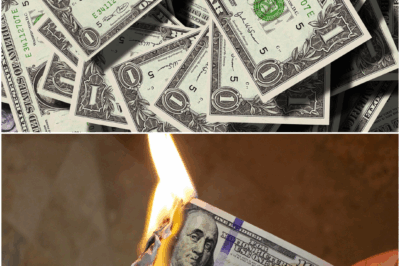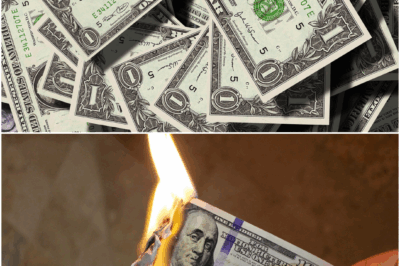Money isn’t just about numbers—it’s about behavior, emotion, and control. In a world obsessed with metrics and performance, few people realize that finance, at its core, is a mirror of human nature. Every investment, every saving habit, every debt decision reflects deeper psychological patterns—fear, greed, hope, and status.

The modern economy doesn’t reward those who know the most; it rewards those who can stay calm the longest. History proves this repeatedly. Markets rise and fall, currencies shift, and yet the one constant across centuries is the human desire for stability—and the paradox that our pursuit of security often creates instability.
The story of money is the story of belief. It only works because we all agree it has value. But that belief can crumble overnight. From the Great Depression to the 2008 crisis, from crypto booms to housing bubbles, financial history reads like an emotional thriller—a sequence of optimism, denial, panic, and recovery.
Today, technology has amplified that cycle. Algorithms trade faster than human thought, social media shapes investor sentiment, and AI predicts what we might buy next. The pace has accelerated, but the psychology hasn’t changed. People still chase trends, follow crowds, and fear missing out.
True wealth, then, isn’t accumulation—it’s mastery over impulse. The rich aren’t necessarily those with the biggest portfolios; they’re those who can delay gratification, make boring decisions consistently, and detach ego from outcome.
In an age of instant information, financial wisdom is about slowing down. It’s about pausing before reacting, about reading long-term patterns when everyone else is glued to the short-term noise. Because in the end, the market rewards patience—but punishes emotion.
News
How Economic Crises Redefine Generations
Money isn’t just about numbers—it’s about behavior, emotion, and control. In a world obsessed with metrics and performance, few people…
Real Estate or Stocks: Where Should You Invest?
Money isn’t just about numbers—it’s about behavior, emotion, and control. In a world obsessed with metrics and performance, few people…
The Economics of Scarcity and Human Desire
Money isn’t just about numbers—it’s about behavior, emotion, and control. In a world obsessed with metrics and performance, few people…
How Central Banks Quietly Control Global Economies
Money isn’t just about numbers—it’s about behavior, emotion, and control. In a world obsessed with metrics and performance, few people…
Financial Freedom: Building a Life Beyond the Paycheck
Money isn’t just about numbers—it’s about behavior, emotion, and control. In a world obsessed with metrics and performance, few people…
The Art of Budgeting in the Age of Consumerism
Money isn’t just about numbers—it’s about behavior, emotion, and control. In a world obsessed with metrics and performance, few people…
End of content
No more pages to load












